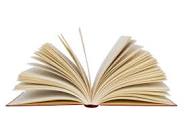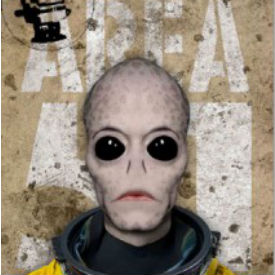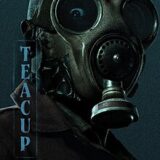How do you judge a book?
Talk in the SF and fantasy community is stirring. Readers are quickly filling their eReaders with Hugo nominees. Virtual pages are flashing across the screen while minds soak up words in silence. Stories begin to mix with one another and dreams take over when your eyes finally close.
 “How do I decide which science fiction or fantasy novel is the best?” you ask. “Do I put myself in the professor’s role? Do I count errors, plot holes and purple passages? What about run on sentences or over use of adjectives? Must I take English 101 again to be fair at the voting poll?”
“How do I decide which science fiction or fantasy novel is the best?” you ask. “Do I put myself in the professor’s role? Do I count errors, plot holes and purple passages? What about run on sentences or over use of adjectives? Must I take English 101 again to be fair at the voting poll?”
Is it fair to judge a book by whether or not you like the story? the characters? the world?
As a reader, that’s what is important to you. What does a misspelled word matter if the space ship is spinning out of control and your hero is about to be ejected into the deep dark oblivion of nothingness?
Who cares if there’s a misplaced comma right before the wicked ogre thrusts his deadly lance at the galloping unicorn and the she-elf that rides it?
You aren’t just reading a book, you are in another world and grammar is a misnomer conjured up by aliens in the universe you left. When you read that last paragraph, close the cover on the final sentence of the novel, still panting, still sweating, all you do is wonder what’s next. You’ve been thrust back into reality, exhausted. When the cool air from the open window hits you, you remember what happened. You’ve landed.
Immediately you look for links to the sequel, the transporter that will reunite you with the people you grew fond of, the world you became accustomed to, and the problems you’re certain you know how to solve if you can only get back.
That, my friend is how you are going to judge a book.
Let the agents, the publishers, the school teachers, the critics pick apart the sentences. You’ve better things to do. You have reading to do!
Enjoy your choices and when you come up for air, do vote!










